Important Points
- Introduction
- Understanding Dry Skin
- Common Symptoms of Dry Skin
- Factors Contributing to Dry Skin
- Tips for Identifying Dry Skin
- The Importance of Proper Skincare
- How to Combat Dry Skin
- Lifestyle Changes for Healthy Skin
- The Role of Diet in Skin Health
- Conclusion
1. Introduction
Taking care of our skin is essential for maintaining its health and appearance. Dry skin is a common concern that many people face, and it’s crucial to identify and address it properly. In this article, we will explore how you can determine if your skin is dry and provide insights into effective skincare practices.
2. Understanding Dry Skin
Dry skin occurs when the skin’s natural moisture barrier is compromised, leading to a lack of hydration. This can result in a range of uncomfortable symptoms and potential skin issues if left untreated. Understanding the characteristics of dry skin can help you take appropriate measures to care for it.
3. Common Symptoms of Dry Skin
Identifying the symptoms associated with dry skin is the first step in determining its presence. Some common signs include:
- Tightness or a feeling of tautness on the skin
- Rough and flaky texture
- Itching and discomfort
- Redness or irritation
- Fine lines and cracks
- Dull or ashy appearance
By being aware of these symptoms, you can recognize when your skin needs extra attention and hydration.
4. Factors Contributing to Dry Skin
Several factors can contribute to the development of dry skin. Understanding these factors can help you pinpoint the cause and find appropriate solutions. Some common factors include:
- Environmental conditions, such as low humidity or exposure to harsh weather
- Frequent hot showers or baths
- Overuse of harsh soaps or cleansers
- Age-related changes in skin structure and function
- Certain medical conditions or medications
By identifying the underlying causes, you can tailor your skincare routine to address them effectively.
5. Tips for Identifying Dry Skin
Determining whether your skin is dry involves a combination of observation and self-assessment. Here are some tips to help you make an accurate determination:
- Examine your skin visually: Look for signs of flakiness, rough patches, or dullness.
- Perform a touch test: Gently run your fingers over your skin and note any tightness or rough texture.
- Monitor your skin’s reaction to products: If your skin feels irritated or uncomfortable after using certain skincare products, it may indicate dryness.
- Pay attention to seasonal changes: Dry skin often worsens during colder months or in drier climates.
By actively assessing your skin using these tips, you can gain valuable insights into its condition and take appropriate action.
6. The Importance of Proper Skincare
Maintaining a regular skincare routine is crucial for overall skin health. For individuals with dry skin, adopting appropriate skincare practices becomes even more essential. Here are some key considerations:
- Gentle cleansing: Use mild, moisturizing cleansers that don’t strip away natural oils.
- Hydration: Regularly apply moisturizers to lock in moisture and prevent dryness.
- Sun protection: Protect your skin from harmful UV rays by wearing sunscreen daily.
- Avoid irritants: Steer clear of skincare products with harsh ingredients that can further dry out your skin.
- Humidify your environment: Use a humidifier to add moisture to the air, especially during dry seasons.
By following a consistent skincare routine tailored to your dry skin needs, you can improve its overall health and appearance.
7. How to Combat Dry Skin
If you’ve determined that your skin is dry, there are several effective strategies to combat it. Consider implementing the following practices:
- Exfoliation: Gently exfoliate your skin to remove dead cells and promote a smoother texture.
- Hydrating masks: Incorporate hydrating masks into your routine to provide an extra boost of moisture.
- Overnight treatments: Apply a nourishing overnight cream or serum to replenish your skin while you sleep.
- Moisturize promptly: After showering or washing your face, apply moisturizer immediately to lock in hydration.
- Avoid hot water: Opt for lukewarm water when cleansing, as hot water can strip away natural oils.
By incorporating these practices into your skincare routine, you can help alleviate dryness and improve your skin’s condition.
8. Lifestyle Changes for Healthy Skin
In addition to skincare practices, certain lifestyle changes can significantly contribute to healthier skin. Consider the following:
- Stay hydrated: Drink an adequate amount of water daily to support overall skin hydration.
- Balanced diet: Consume a nutritious diet rich in fruits, vegetables, and essential fatty acids to promote skin health.
- Stress management: High-stress levels can impact your skin’s condition, so incorporate stress-reduction techniques into your routine.
- Quit smoking: Smoking can worsen dryness and accelerate skin aging, so quitting can benefit your skin’s health.
By making positive lifestyle changes, you can enhance your skin’s vitality and resilience.
9. The Role of Diet in Skin Health
The food we eat plays a vital role in our skin’s health. Certain nutrients are particularly beneficial for combating dryness and maintaining skin hydration. Consider incorporating the following into your diet:
- Omega-3 fatty acids: Found in fatty fish, walnuts, and flaxseeds, these healthy fats support skin health.
- Vitamins A and E: These antioxidants can help protect and nourish the skin. Sources include carrots, sweet potatoes, almonds, and avocados.
- Hydrating fruits: Water-rich fruits like watermelon, cucumbers, and strawberries provide hydration from the inside out.
By paying attention to your diet and including these skin-friendly nutrients, you can support healthy, moisturized skin.
10. Conclusion
Identifying dry skin is crucial for effective skincare and maintaining skin health. By understanding the symptoms, causes, and suitable treatments, you can address dryness and improve the overall condition of your skin. Remember to adopt a regular skincare routine, make lifestyle changes, and pay attention to your diet for optimal skin health.

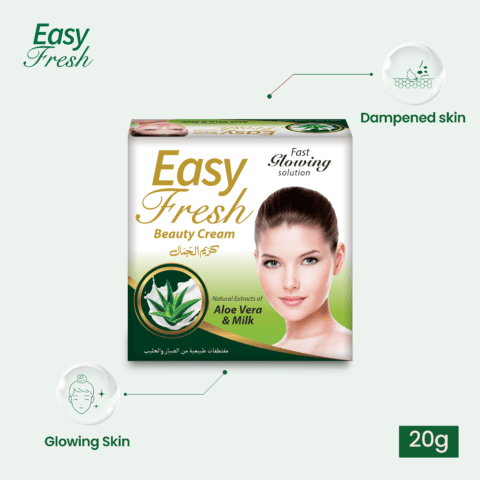
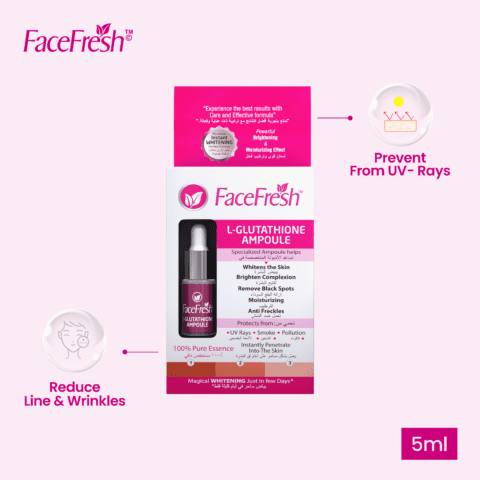
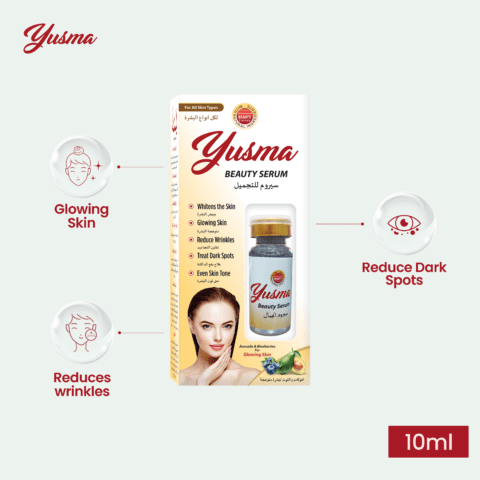
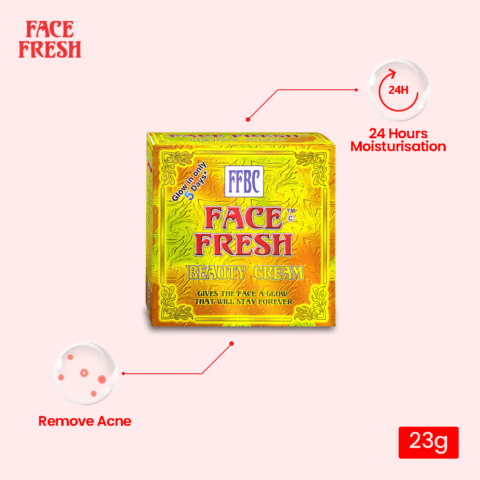
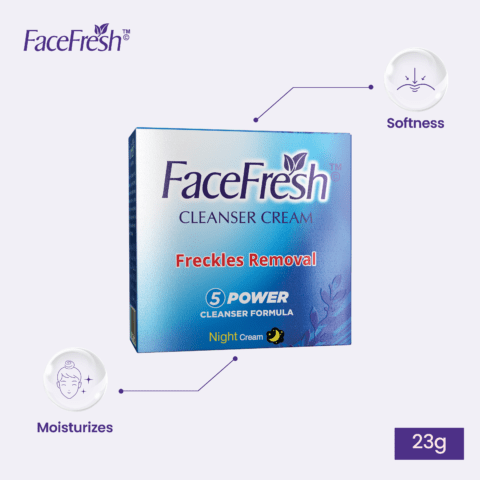

Leave a comment
Your email address will not be published. Required fields are marked *